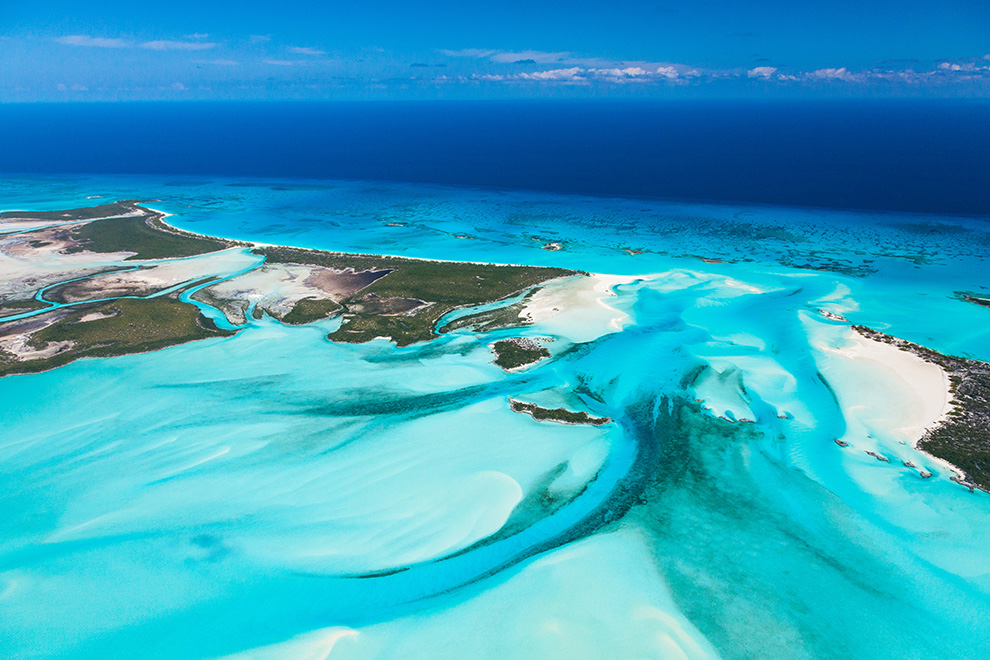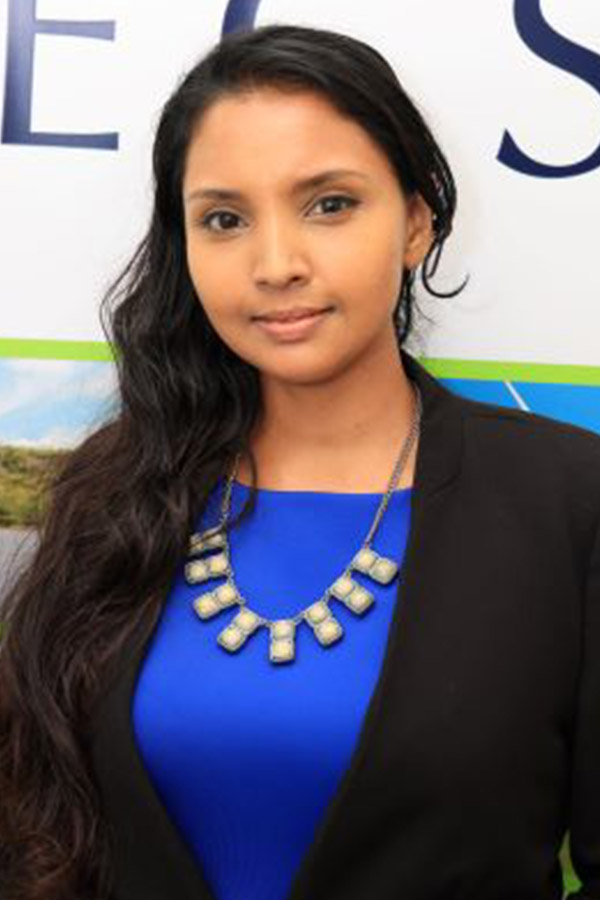The United Nations General Assembly proclaimed March 22 as World Water Day (WWD) in 1993. This year’s theme, “Water for Peace,” aims to highlight the benefits of water management as a conduit for peace.
The United Nations General Assembly proclaimed March 22 as World Water Day (WWD) in 1993. This year’s theme, “Water for Peace,” aims to highlight the benefits of water management as a conduit for peace.
OECS and ICCF convened a roundtable discussion on March 22, 2024, with critical players in the water sector in Saint Lucia, focusing on water security in the OECS, as the world recognised World Water Day. The meeting brought together parliamentarians and high-level representatives, including the President of the Saint Lucia Senate, Hon. Alvina Reynolds, Hon. Wayne Girard, Minister of Finance, Economic Development, and Youth Economy, and Opposition Senator Dominic Fedee. Also in attendance were Head of the OECS Environmental Sustainability Division, Mr. Chamberlain Emmanuel, Caribbean Program Officer for the ICCF, Mr. Eustace Vitalis, and Managing Director of Soloricon Ltd. and former Minister for the Public Service, Sustainable Development, Energy, Science and Technology, Dr. James Fletcher, who was the keynote speaker at the event. Recognising the varied challenges associated with water supply across OECS Member States, the OECS Director General, Dr. Didacus Jules is actively engaging with regional governments to develop practical policies and identify effective solutions to these pressing issues.
Approximately 97 percent of water on the planet is salt water, found in our oceans. The remaining 3 percent, which is freshwater, is locked in glaciers, ice caps and deep groundwater, and only 0.5 percent of freshwater is useable and available.
This fraction of available freshwater is unevenly distributed around the world, with dry, arid deserts in some regions, and rainforests and monsoon climates in others (Gleick, 2018). Bringing the focus to the Caribbean region, there are wet and dry seasons, and extremes of weather in the form of droughts and floods, which result in unequal distribution of water during specified times. Additionally, available resources, as well as the provision and performance of infrastructure can result in an unequal spatial distribution of water. Unequal or no access to water can cause tensions between or among communities, leading to conflict and vandalism, although many Caribbean countries report high levels of access to municipal water supply for domestic and sanitation purposes (GWP-C, 2022). Non-revenue water (NRW), which is defined as the difference between the amount of water that enters the distribution system and the amount of water billed to consumers, is well over 40% and in some cases as high as 75% (Janson, Burkhard, & Jones, 2021). Given that many countries within the Caribbean region are either water scarce or borderline water scarce (GWP-C, 2022), addressing NRW requires urgent attention. At the roundtable, the Chief Executive Officer of the Saint Lucia Water and Sewerage Authority, WASCO, Mrs. Zilta George-Leslie, examined some of the major challenges to providing potable water on the island, including non-revenue generating water.
Additionally, many other factors affect water availability, including pollution, over-abstraction and poor land management practices, all of which need to be addressed to reduce the region’s vulnerability to water scarcity. Carl Hunter, Property Manager at Jade Mountain and Anse Chastanet Hotel and Spa, and Chair for the Saint Lucia Hotel and Tourism Association Environment Committee, addressed the challenges the tourism industry faces, especially during periods of dwindling freshwater reserves. He shared how resorts are adapting to maximise the guest experience while minimising the use of water.
Further, as water demands increase, there is greater need for efforts toward water security.
Water security is seen increasingly as an integral part of human security and central to the achievement of other rights such as the right to life, to education, to health, and to adequate housing (UNDP, 2006). The Global Water Partnership has defined a water-secure world as one that “integrates a concern for the intrinsic value of water together with its full range of uses for human survival and well-being” (Cashman, 2013).
At a High-level Forum on the Culture of Peace convened by the General Assembly on September 9, 2014, United Nations officials underscored that peace means dignity and well-being for all, not just the absence of war. Good health, sanitation, food security, economic productivity and prosperity are all factors that contribute to the dignity and well-being of individuals, communities and countries, and all are dependent on water availability.
Managing water resources can also be seen as an opportunity for cooperation. The Small Island Developing States of the OECS embrace the Island Systems Management (ISM) framework, a concept which underpins the Revised St. Georges Declaration of Principles for Environmental Sustainability (SGD 2040), and recognises that despite physical and natural resource limitations, integrated planning and management is critical if the islands are to become economically, socially and ecologically resilient. The concentration and close proximity of ecosystems on an island means that each of these ecosystems is linked to the others, either through biological processes, ecological impacts, or the impacts of human interventions (OECS, 2020). All of these interlinked ecosystems are dependent on water, and conversely, clean water and flood mitigation are some outputs of ecosystem services.
In light of this interdependence and importance, water resources management is therefore embedded within the OECS Strategic Priorities relating to building resilience and valuing the environment.


 Regional Headquarters
Regional Headquarters